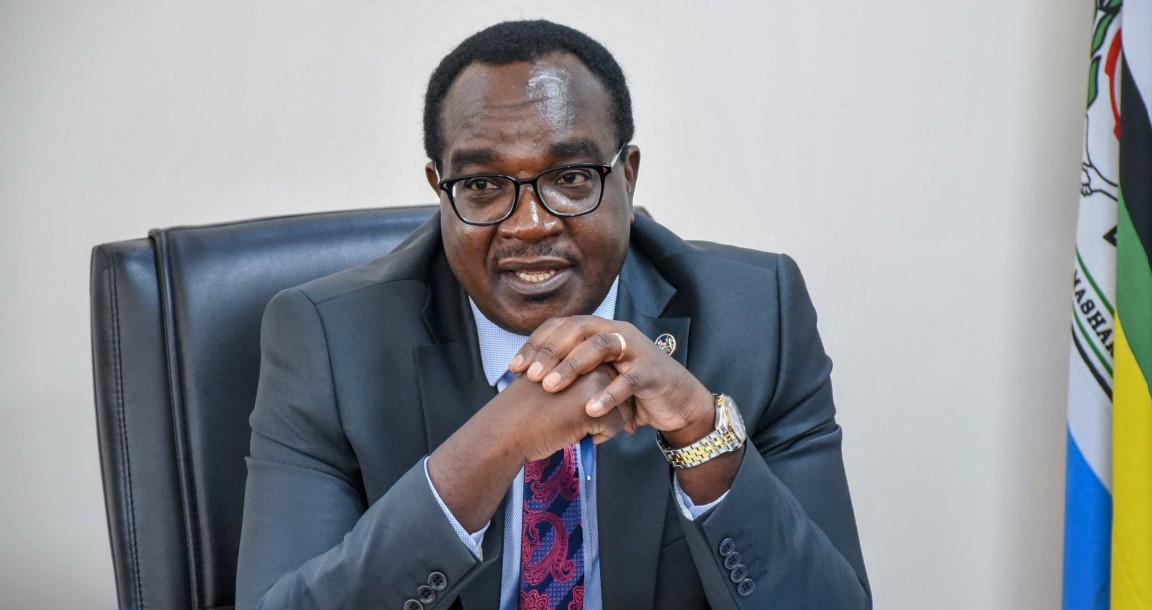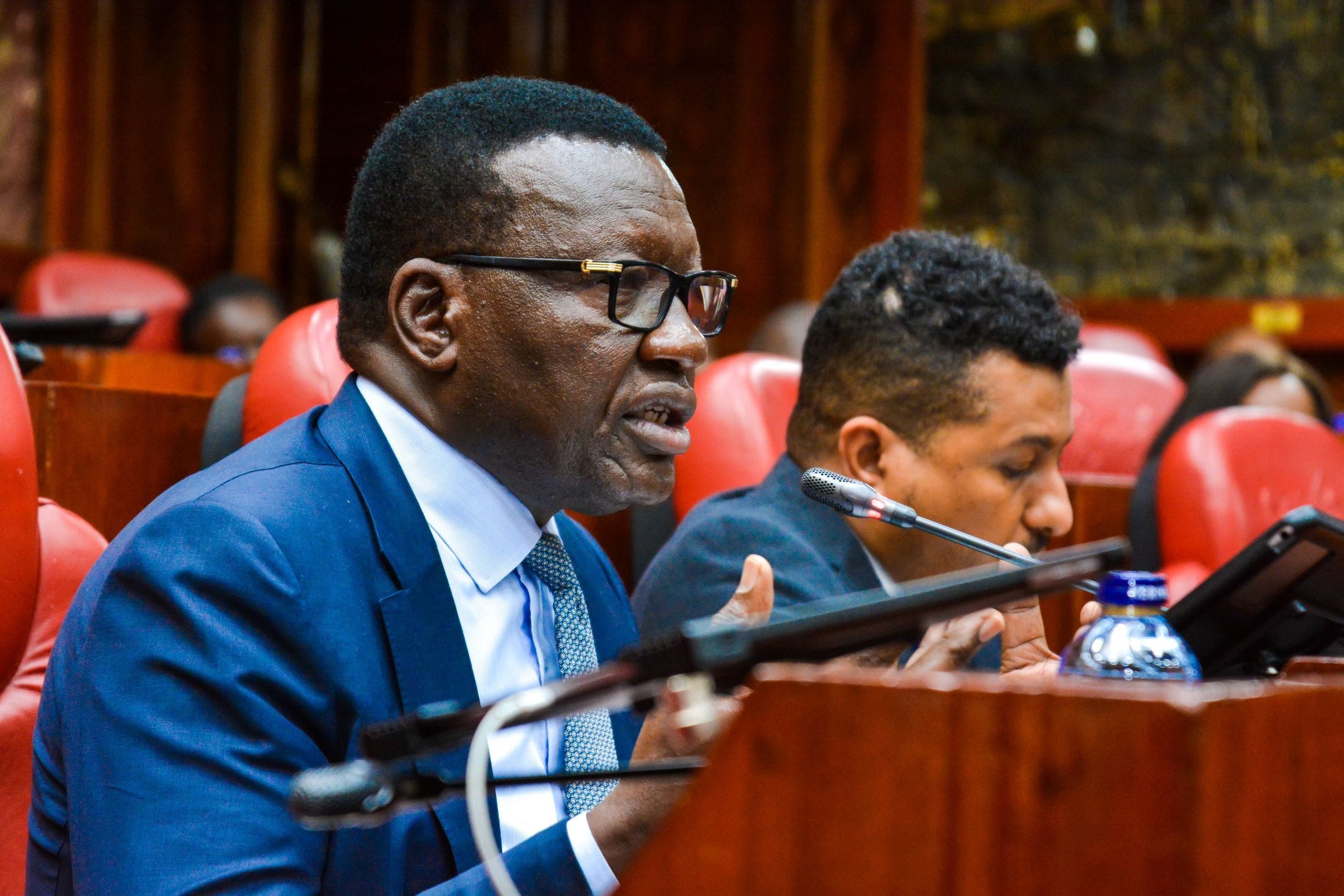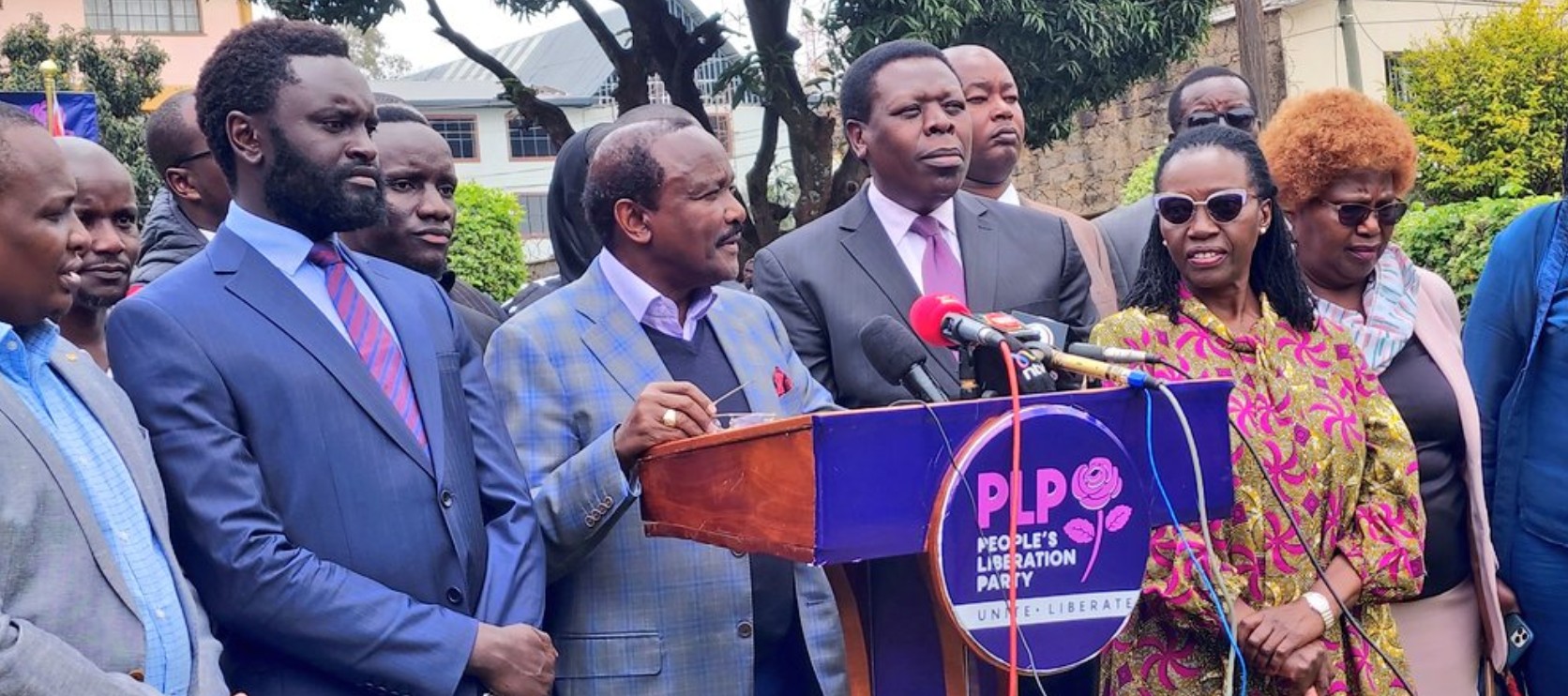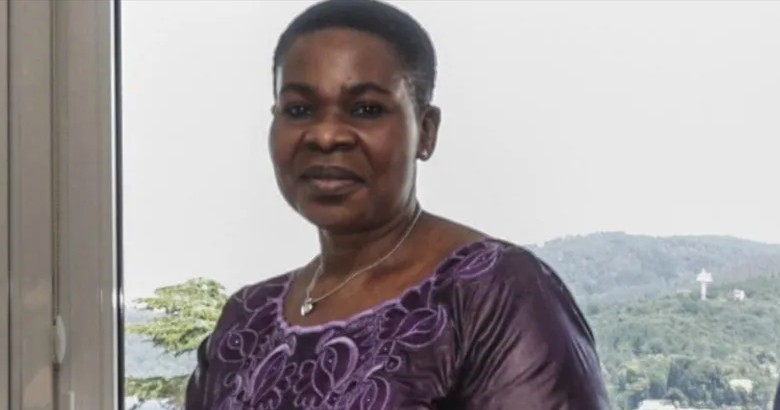CoB Nyakang’o declares current budget-making process is unconstitutional
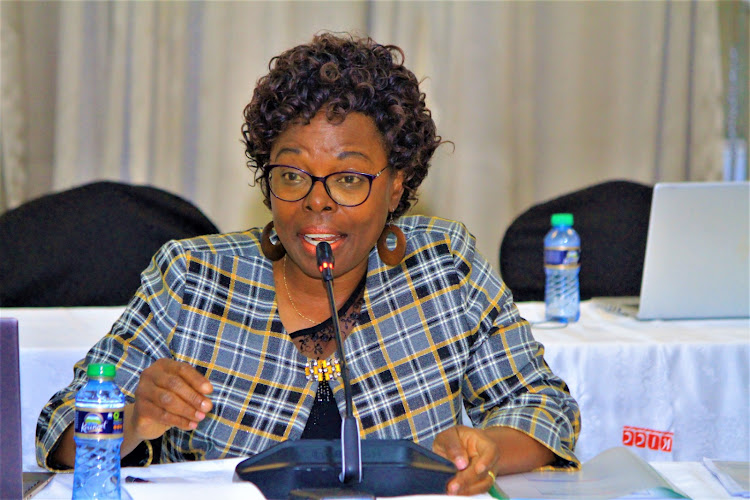
Wamuchomba expressed disappointment over the situation, emphasising that MPs have been operating under unconstitutional practices.
The Controller of Budget (CoB) Margaret Nyakang’o has labelled Kenya's existing budget-making processes as unconstitutional.
Appearing before the Constitution Implementation Oversight Committee (CIOC), chaired by Githunguri Member of Parliament Gathoni Wamuchomba on Thursday, Nyakang’o was tasked to explain the country’s budget-making process.
More To Read
- Billions in county empowerment loans remains unpaid as senators call for EACC Probe
- Nyakang'o flags huge financial risk as counties operate thousands of unauthorised accounts
- Kenya’s tree-planting drive struggles as budget falls behind
- Counties urge senators to end bursary freeze hitting thousands of students
- Kenya's domestic debt interest payments soar by Sh98 billion in a year
- State Department for Wildlife spent Sh1.2 billion on legal fees, neglected key projects - CoB report
The committee had highlighted concerns about Article 221 of the Constitution, which mandates transparency in both revenue estimates and expenditures, a requirement that appears to have been bypassed.
Nyakang’o acknowledged the irregularities but stated that her office is not responsible for correcting any legal issues.
“My office has flagged this error in the budget-making process, where revenue estimates are not clearly presented. According to the Constitution, both the revenue estimates and expenditures should be presented to Parliament. It is unconstitutional to bypass one or the other,” Nyakang’o said.
Wamuchomba expressed disappointment over the situation, emphasising that MPs have been operating under unconstitutional practices.
“We’re only seeing expenditures, but where are the revenue estimates? This deviation from the Constitution is unacceptable,” she said.
The committee also raised concerns regarding the financial struggles faced by independent offices and constitutional commissions, noting that many, including the Ethics and Anti-Corruption Commission (EACC) and the National Gender and Equality Commission (NGEC), have encountered significant financial challenges.
“Only three independent offices—the Judiciary, the Parliamentary Service Commission (PSC), and the Teachers Service Commission (TSC)—have had budget increases. The rest, including key oversight bodies, have seen reductions,” Wamuchomba said.
Nyakang’o highlighted the pension fund's shortfall of Sh23.47 billion, partly due to rising public debt.
“We can’t afford to underfund pensioners. Their entitlements are being affected by the increasing public debt, but my office doesn’t have the mandate to control or rectify this,” she said.
A key concern noted by the committee was the lack of enforcement powers for the Controller of Budget, which hampers oversight of various budget aspects, including grants and receipts.
“We are barred from reporting on many budget aspects, including economic development, grants, and loans. Section 94 of the COB Act needs to be amended,” Nyakang’o said.
Top Stories Today



